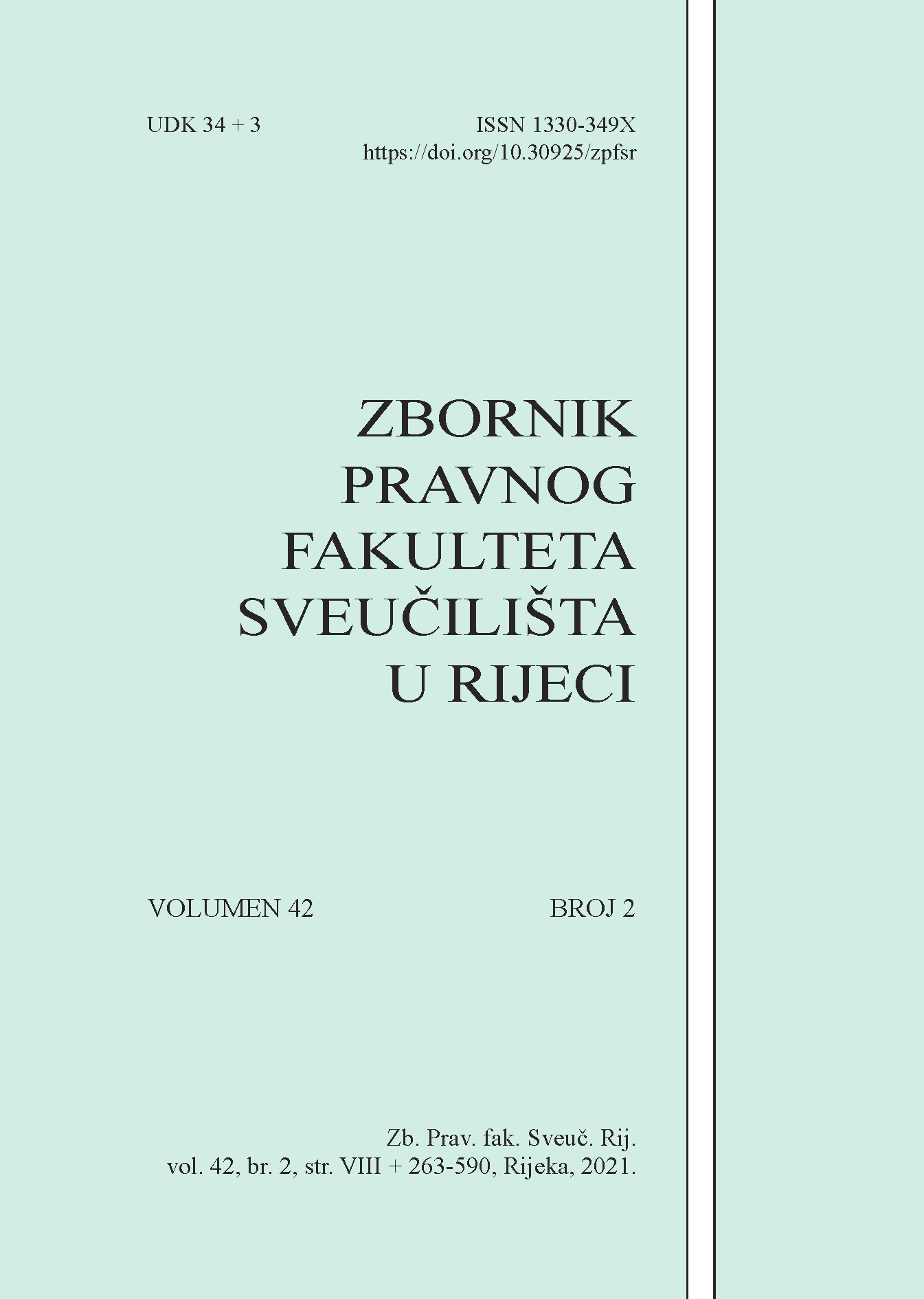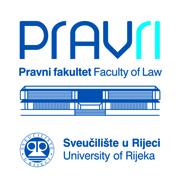IS THERE A NEED TO REGULATE ARTIFICIAL INTELLIGENCE IN THE EUROPEAN UNION
REASONS FOR AND AGAINST
DOI:
https://doi.org/10.30925/zpfsr.42.2.7Keywords:
artificial intelligence; European law; competition law; product safety; algorithms.Abstract
Artificial Intelligence is increasingly becoming part of our everyday life. It is an important component of our business surroundings, education, household, everyday experience and leisure. It is expected to become one of the main drivers of economic growth. If there were any doubts about the necessity of its regulation few decades ago, today’s rapid development imposes the need to decide on the method and approach to regulation. The quandary is about boundaries of possible regulation of the new technological processes as they are constantly changing and developing. Certain practices need to be defi ned. New areas and elements are emerging constantly. There is no single comprehensive and general defi nition of the notion of artificial intelligence. The challenges for artifi cial intelligence in the European Union will be revealed. The rules on product safety and liability for damage caused by the use of artifi cial intelligence, as well as the use of algorithms in competition law will be analysed in order to evaluate whether the introduction of new rules or adaptation of existing ones is necessary. The minimum common rules are required to strike a balance between the future development and promotion of innovation, while preserving legal certainty and respect for moral, ethical and social standards.
Additional Files
Published
Versions
- 2023-12-15 (2)
- 2022-02-16 (1)
How to Cite
Issue
Section
License
Copyright (c) 2022 Ana Pošćić

This work is licensed under a Creative Commons Attribution-NonCommercial 4.0 International License.
Collected Papers is an open access journal. Journal does not charge article processing charges (APC) to authors. It is licensed under CC BY-NC licence 4.0.
Collected Papers of the Law Faculty of the University of Rijeka" is an Open Access journal. Users are allowed to read, download, copy, redistribute, print, search and link to material, and alter, transform, or build upon the material, or use them for any other lawful purpose as long as they attribute the source in an appropriate manner according to the CC BY licence.
The papers published in "Collected Papers of the Law Faculty of the University of Rijeka" can be deposited and self-archived in the institutional and thematic repositories providing the link to the journal's web pages and HRČAK.
Upon acceptance of the manuscript for publication by this journal, the author can publish same manuscript in other journals only with the permission of the Editorial Board (secondary publication). A repeated publication should contain a notice as to where the manuscript was originally published.



